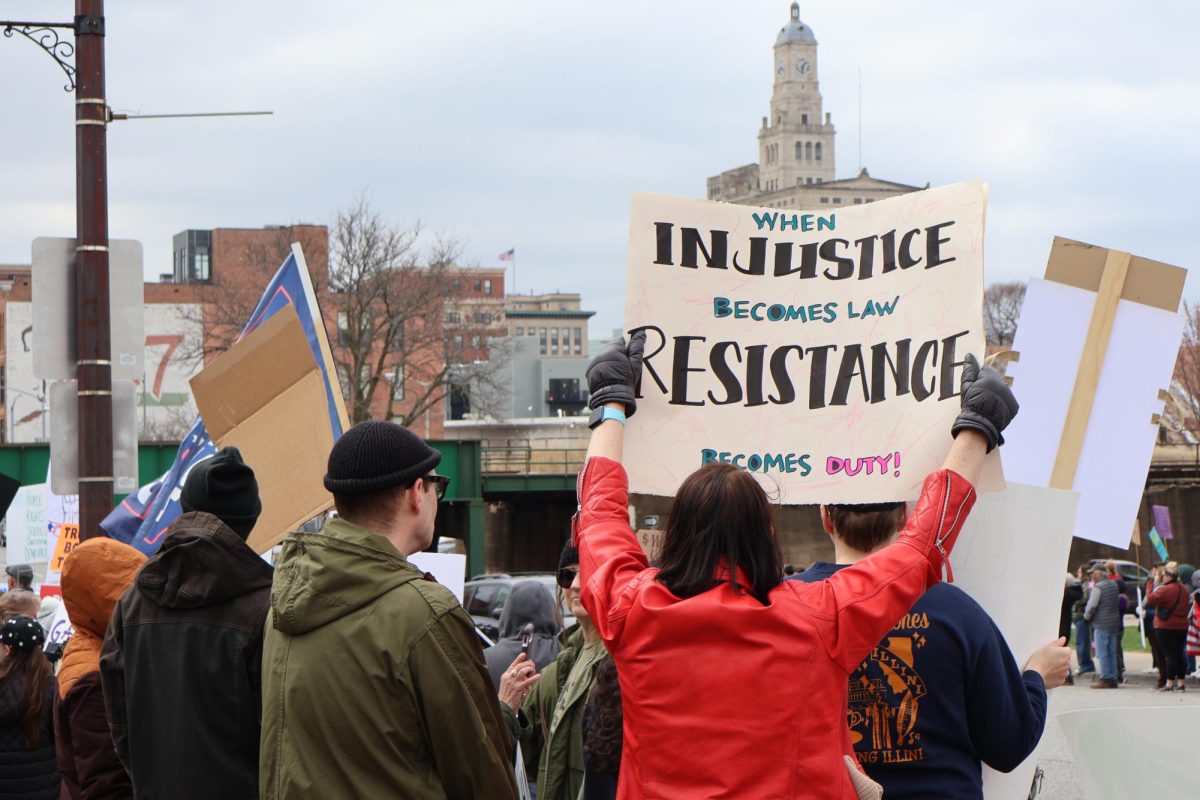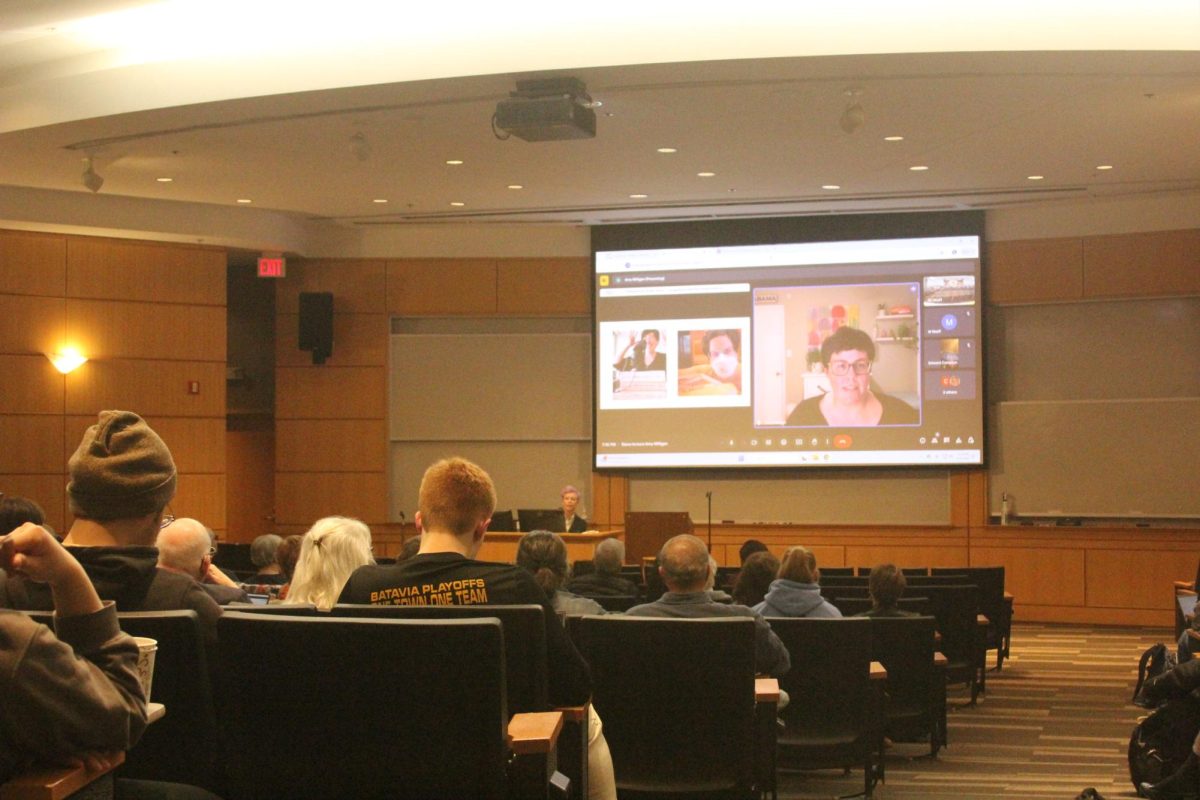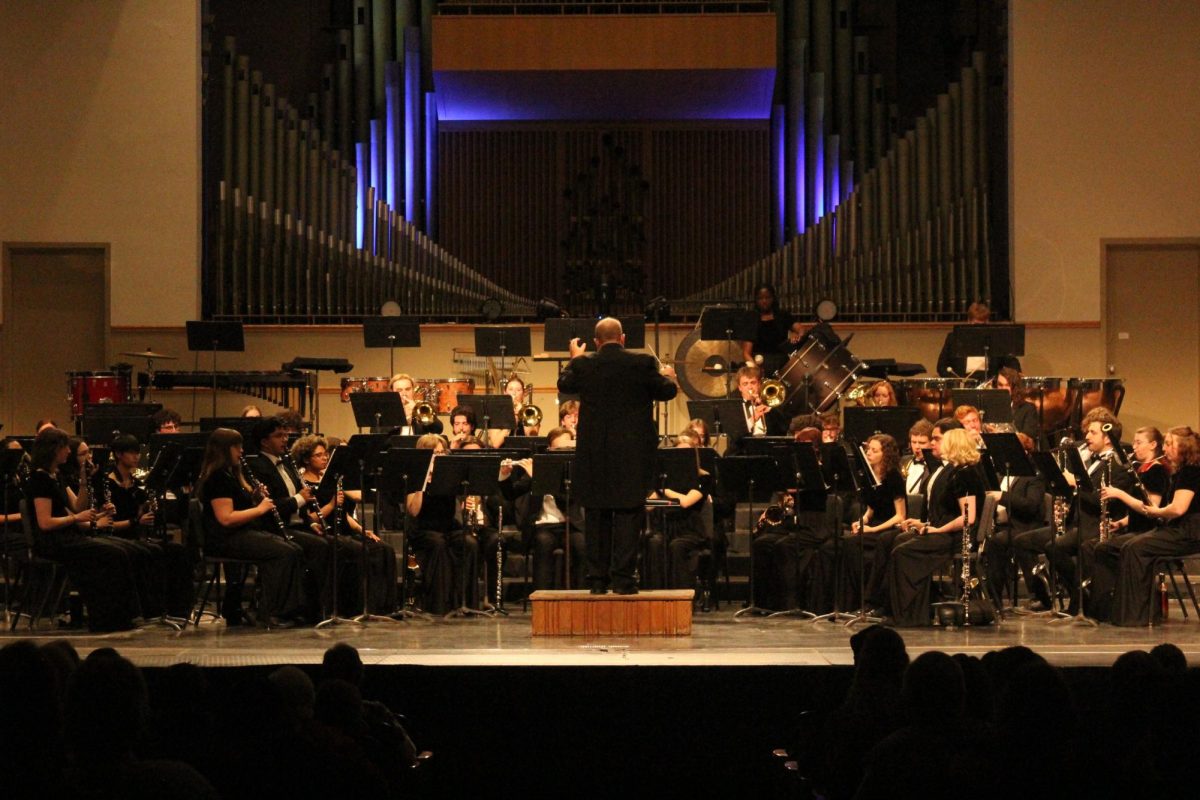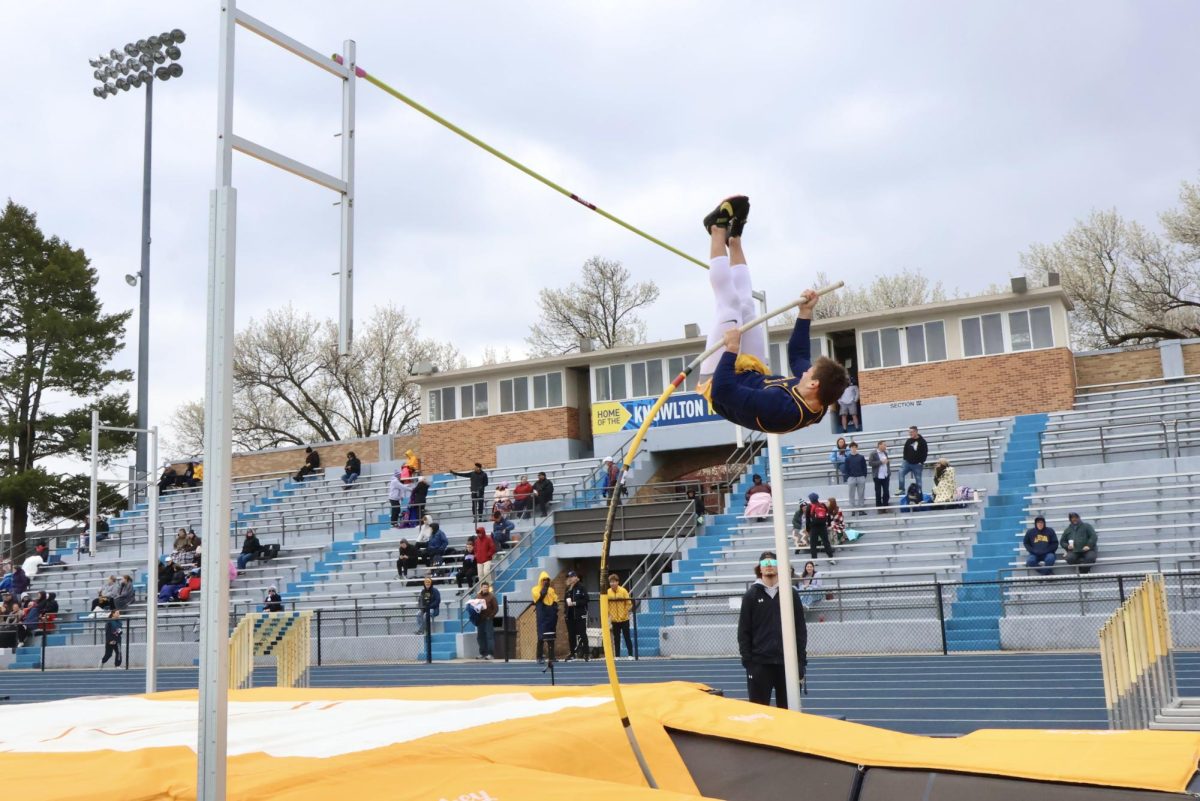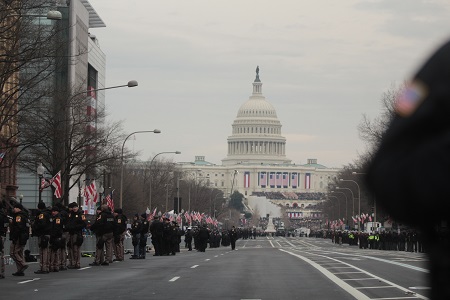WASHINGTON D.C.– On Feb. 14 in Parkland, FL, 17 people were killed in a mass shooting. Among those 17 were three faculty members: Scott Beigel, a biology teacher, Chris Hixon, the athletic director, and Aaron Feis, an assistant football coach.
In the national movement that arose after the Parkland shooting, many of the supporters, and those at the center of much discussion, were teachers. The mobilization of teachers prompted many to make statements on social media or in newspapers, it took them to rallies and walkouts, but most importantly, it took them to Washington D.C. for the March for our Lives.
One of those individuals who mobilized was Alison Lepard, a teacher from Bethesda, MD. Lepard was driving home when she heard about the Parkland shooting. Her first reaction was to think about how she would respond if a shooter were to come into her school.
“I was driving down the road thinking ‘do I shove them in the closet, should I shut them in another room?” Lepard said. “It was really frightening, like I was imagining being in that position where I would have to defend my students’ lives”.
The simple fact of not wanting to have to think about how to defend students’ lives hit home for many teachers at different stages in their careers. Hunter Thomas, a student currently studying to become a teacher in Youngstown, Ohio, discussed the lack of instruction in how to defend lives.
“When you decide you want to become a teacher nobody tells you you’re going to have to shield your students from bullets. It’s weird cause in my classes at school we haven’t really talked about it because nobody wants to talk about it,” Thomas said.
Shortly after the Parkland shooting, President Donald Trump tweeted that the way to prevent future school shootings was through arming teachers. This tweet was met with a variety of responses. But among the teachers at the March for our Lives, the anger about this idea was palpable.
Lori Caretto, a teacher from Clarksburg, MD, said that he felt appalled upon hearing this response from the President.
“I was nauseous. It was so appalling that an educated adult could actually come up with that idea,” Caretto said.
In response to Trump’s tweet Thomas simply said, “I don’t want a gun”. However, he then went on to express concern about how arming teachers could be affected by racial bias.
“If cops are being racist, what’s going to stop a teacher from being racist and shooting a black kid because he gets a little angry,” Thomas said.
Multiple teachers at the march agreed that arming teachers would do nothing to deter a shooter or save kids. One of these teachers was Penny Livesay, an adjunct instructor from Virginia Tech, where in April of 2007, a shooter killed 32 members of the community. Livesay felt that in the case of Virginia Tech, having professors with handguns would have solved nothing.
“These school shooters come armed to the teeth with these weapons. There’s no way you could stop them from killing many people by the time you got your gun un-holstered,” Livesay said. “Plus, most of them [the shooters] aren’t going to be deterred by the fact they could die, because many of them going in intending to die.”
While the teachers interviewed by the Observer expressed much fear about the future of school shootings, they also expressed positivity over the march and the future generations.
“We’re really impressed with how the students have spoken out on this issue, it’s wonderful this has been led by them,” Lepard said.
Teachers express fears, frustrations at gun violence
March 25, 2018
0
More to Discover

